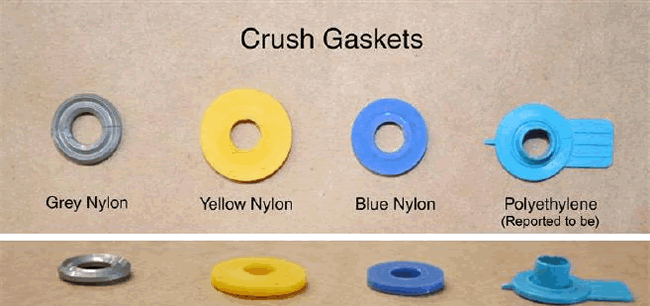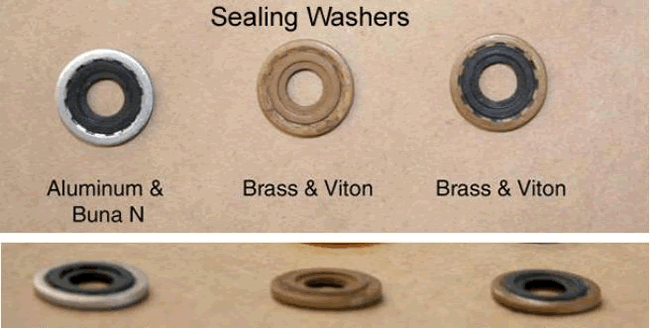Hey guys...first timer here..
Question: What O2 washers do you use for your small O2 bottles. I work for fire rescue and we use the plastic ones that come with the bottles. Seems over time the guys have to crank them down harder and harder to get a good seal. We have even used the O2 key to get good leverage to get a good seal. Over time the t-handle bends and even breaks occasionally. Do y'all use the washers the bottles come with or do you find other work better? I found one washer called STAT-O-Seal I would like to try but not sure it will help.
thanks
Question: What O2 washers do you use for your small O2 bottles. I work for fire rescue and we use the plastic ones that come with the bottles. Seems over time the guys have to crank them down harder and harder to get a good seal. We have even used the O2 key to get good leverage to get a good seal. Over time the t-handle bends and even breaks occasionally. Do y'all use the washers the bottles come with or do you find other work better? I found one washer called STAT-O-Seal I would like to try but not sure it will help.
thanks


